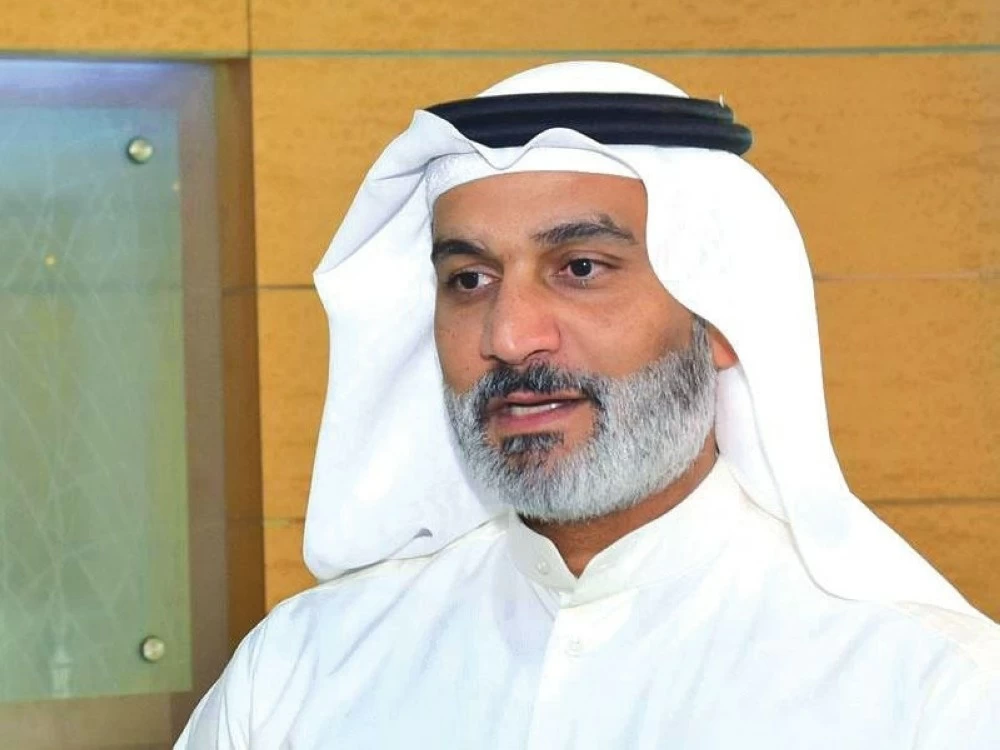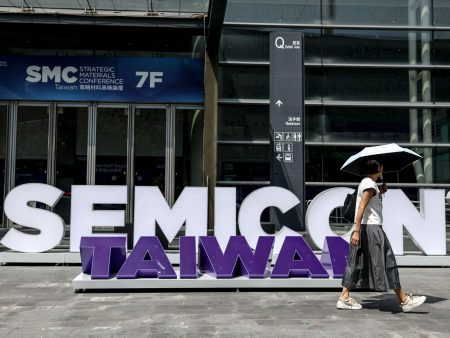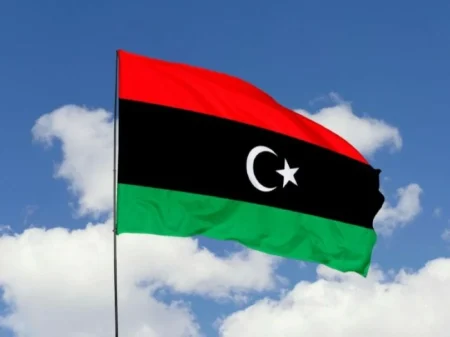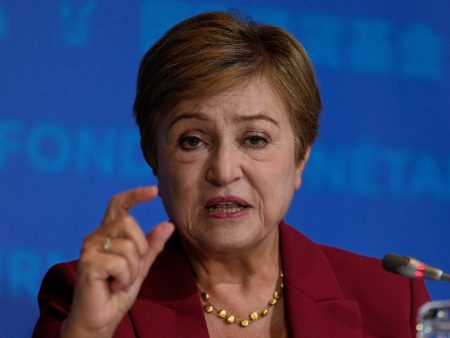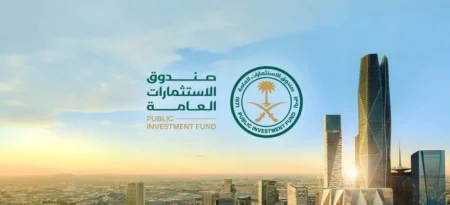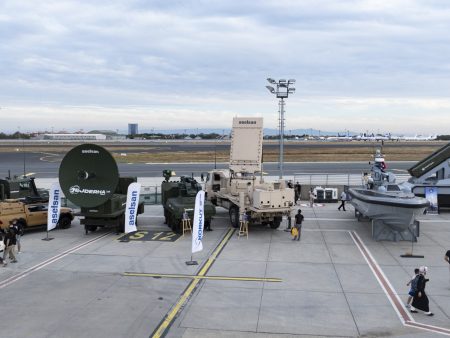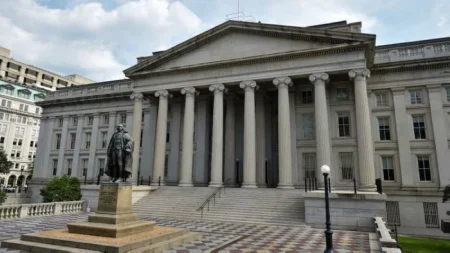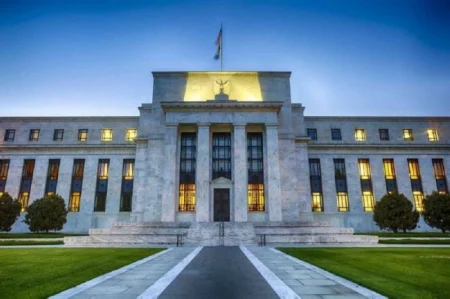أكد أمين عام منظمة أوبك هيثم الغيص، أن النفط لا يزال يشكل نحو 30% من مزيج الطاقة العالمي؛ ما يعكس الحاجة الملحة إلى ضخ المزيد من الاستثمارات في هذه الصناعة الحيوية لضمان أمن الطاقة العالمي في المستقبل.
وقال الغيص في مقابلة مع «العربية Business»:«بيّنا اليوم خلال لقاء بعدد من المسؤولين وأعضاء السلك الدبلوماسي أهمية أن تكون هناك استثمارات تُقدّر بنحو 18.2 تريليون دولار من الآن وحتى عام 2050، أي ما يعادل 700 مليار دولار سنويا، تُخصص لعمليات الاستكشاف، الحفر، الإنتاج، الطاقة التكريرية، صناعة البتروكيماويات، وسلسلة الإمداد اللوجستية المتكاملة لصناعة النفط».
أولوية قصوى
وشدد الغيص على أن الحفاظ على هذه الاستثمارات يمثل أولوية قصوى، مشيرا إلى أن منظمة أوبك تسعى من خلال مشاركاتها ومداخلاتها إلى توعية صناع القرار والسياسيين حول العالم بأهمية الاستثمار في النفط، والابتعاد عن السياسات التي تستهدف هذه السلعة الإستراتيجية.
وأضاف:«النفط سلعة متغلغلة في جميع الصناعات، من الطائرات والسيارات إلى الشاحنات والبنية التحتية، وبالتالي لا يمكن تجاهل دوره المحوري في الاقتصاد العالمي».
وأوضح الغيص أن النفط سيظل عنصرا أساسيا في مزيج الطاقة العالمي، وأن الاستثمار فيه ليس خيارا، بل ضرورة لضمان استقرار الأسواق وتلبية احتياجات النمو السكاني والاقتصادي.
زيادة كبيرة
وبشأن مستقبل الطلب على النفط، أوضح الغيص أن العالم يشهد تغيرات ديموغرافية واقتصادية ضخمة، أبرزها زيادة سكانية تُقدّر بنحو ملياري نسمة حتى عام 2050، مدفوعة بارتفاع معدلات التمدن وبناء مدن جديدة، خصوصا في الدول النامية في آسيا، إفريقيا، الشرق الأوسط، وأمريكا الجنوبية.
وتابع: «من الآن وحتى عام 2030، سينتقل نحو نصف مليار نسمة إلى مدن جديدة، ما يعني أن حجم الاقتصاد العالمي سيتضاعف، وسيرافق ذلك زيادة كبيرة في الطلب على الطاقة».
وبحسب تقديرات منظمة أوبك، فإن العالم سيحتاج إلى زيادة قدرها 23% في إجمالي الطاقة، وسيصل الطلب على النفط إلى نحو 123 مليون برميل يوميا بحلول عام 2050، مقارنة بالمستويات الحالية.
The Secretary General of OPEC, Haitham Al-Ghais, confirmed that oil still accounts for about 30% of the global energy mix; reflecting the urgent need to inject more investments into this vital industry to ensure global energy security in the future.
Al-Ghais stated in an interview with “Al Arabiya Business”: “We highlighted today during a meeting with several officials and members of the diplomatic corps the importance of having investments estimated at around $18.2 trillion from now until 2050, which is equivalent to $700 billion annually, allocated for exploration, drilling, production, refining energy, petrochemical industry, and the integrated logistics supply chain for the oil industry.”
Top Priority
Al-Ghais emphasized that maintaining these investments is a top priority, noting that OPEC seeks through its participation and interventions to raise awareness among decision-makers and politicians around the world about the importance of investing in oil, and to move away from policies that target this strategic commodity.
He added: “Oil is a commodity embedded in all industries, from airplanes and cars to trucks and infrastructure, and thus its pivotal role in the global economy cannot be ignored.”
Al-Ghais clarified that oil will remain a fundamental element in the global energy mix, and that investing in it is not an option, but a necessity to ensure market stability and meet the needs of population and economic growth.
Significant Increase
Regarding the future demand for oil, Al-Ghais explained that the world is witnessing massive demographic and economic changes, most notably a population increase estimated at around two billion people by 2050, driven by rising urbanization rates and the construction of new cities, especially in developing countries in Asia, Africa, the Middle East, and South America.
He continued: “From now until 2030, about half a billion people will move to new cities, which means that the size of the global economy will double, and this will be accompanied by a significant increase in energy demand.”
According to OPEC’s estimates, the world will need a 23% increase in total energy, and oil demand is expected to reach about 123 million barrels per day by 2050, compared to current levels.






